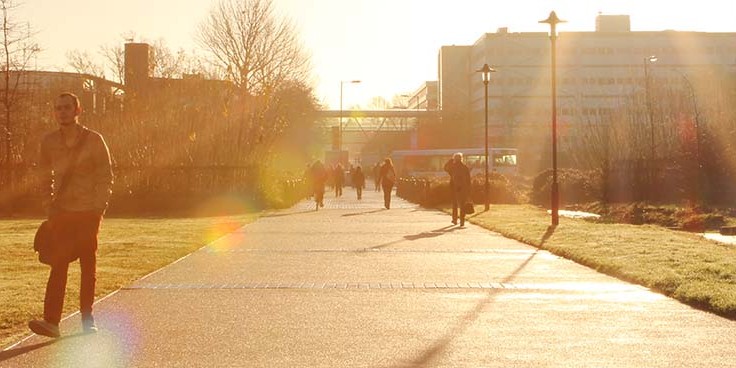Hotter the year, lower the results
A study by the University of Harvard and other universities in the US revealed that pupils who undertake exams in hotter weather perform less well.
The US National Bureau of Economic Research calculated that a fall in learning occurred for every 0.55℃ increase in average temperature over the year. Negative impacts on learning began to be measurable when temperatures rose above 21℃. Reduced learning capacity increased once temperatures rose past 32℃, and even more so above 38℃.
Joshua Goodman, an associate professor at the Harvard Kennedy School of Government, said that students trying to work on hotter days are more likely to be “distracted, agitated and find it harder to focus”.
This link was found by economic researchers through analysing the scores of 10 million US secondary school students between 2001 and 2014, across different climates and weather patterns within the US. They concluded that hotter weather has a negative impact on results.
Goodman added that it would be harder to carry out a similar inquiry into education systems in the UK due to the country’s narrower weather conditions.
However, Mark Smith, the assistant principal director of sixth form at Beal High School in London, said: “All of us, even when we’re having to work, find it’s harder when it’s really hot.
“Most schools do exams in sports halls, which aren’t airy spaces, and you can’t have the doors open easily to let the air through because of noise from the rest of the school, so they’re not the nicest places to be taking exams.”
Researchers also discovered that the impact of heat was much greater on low income families and students who are ethnic minorities. They suggested that schools in disadvantaged areas were more prone to intervention, finding ways to compensate such as extra tuition provided by wealthier families.
A “simpler explanation” offered by the report entails the introduction of air conditioning.

Comments